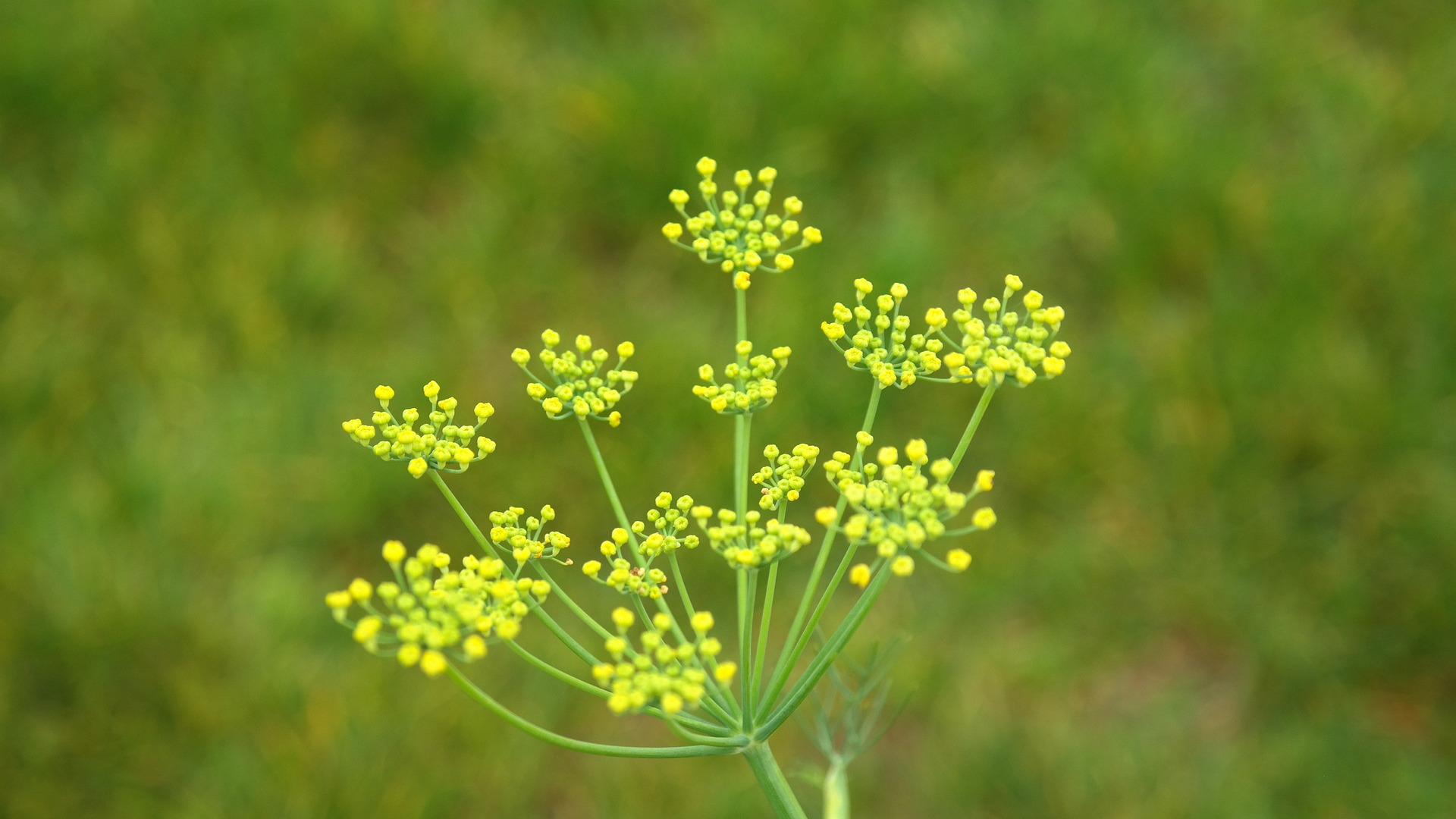Niaouli Essential Oil: Nature's Healing Gift
Niaouli essential oil presents a pleasing and refreshing aroma reminiscent of a blend of Tea Tree and Eucalyptus essential oils. What sets Niaouli apart is its remarkable therapeutic properties, akin to Tea Tree oil but with a milder scent.
Native to Australia, New Caledonia, and the French Pacific Islands, the Niaouli tree stands out with its unique white, beige, and grey papery bark, earning it the nicknames broad-leaved paperbark and punk tree. Niaouli Essential Oil is also known as Melaleuca Essential Oil.
Exploring Niaouli Essential Oil
Niaouli essential oil is extracted through steam distillation from the fresh leaves and tender twigs of the Melaleuca quinquenervia tree. It varies in color, from transparent to pale yellow or a subtle green. Niaouli oil is renowned for its antiseptic and disinfectant properties, and it finds its way into toothpaste, mouth sprays, soaps, creams, and lotions.
A Versatile Wellness Companion: Niaouli essential oil is a versatile addition to holistic wellness practices. It can be used in soothing baths or invigorating massage blends to relieve pain, combat skin infections, and support digestive health. It's also an ally in addressing issues like acne, boils, ulcers, abscesses, burns, cuts, and insect bites.
A drop of Niaouli oil applied directly to a pimple or insect bite can work wonders for immediate relief. Beyond this, Niaouli can help with problems like intestinal parasites, cystitis, and urinary tract infections and relieve the discomfort of rheumatism and neuralgia.
Nurturing Mind and Body with Essential Oil Vapor Therapy
In vapor therapy, Niaouli essential oil helps clear the mind, stimulate concentration, and combat respiratory infections, including bronchitis, catarrh, flu, chest infections, tuberculosis, pneumonia, whooping cough, asthma, and sinusitis. It also lends a therapeutic touch to catarrh, laryngitis, sore throats, and fevers.
Fascinating Niaouli Essential Oil Facts
- Aboriginal Remedies: Indigenous Australian communities have long relied on Niaouli for its healing properties. It was traditionally used to treat wounds, infections, and respiratory ailments.
- Pioneer's Companion: Early European settlers in Australia discovered Niaouli's benefits, often using it for its antiseptic properties to treat various health issues.
- Botanical Kin: Niaouli belongs to the extensive Melaleuca genus, which includes notable members like Tea Tree (Melaleuca alternifolia) and Cajeput (Melaleuca cajuputi).
- Pest Control: The distinct aroma of Niaouli oil is known to repel insects, making it a natural choice for creating insect repellents.
- Niaouli in Perfumery: Niaouli oil's sweet and camphoraceous scent has made it a sought-after ingredient in perfumery, adding depth and complexity to various fragrances.
- Eco-Friendly Cleaning: Niaouli oil's antibacterial and antiseptic properties extend to household cleaning. It can be a fantastic addition to natural cleaning solutions, promoting a healthier home environment.
- Niaouli's Ecological Role: In its native habitats, Niaouli plays a crucial ecological role, supporting biodiversity and providing shelter and sustenance for various wildlife.
- Historical Uses: Niaouli has a rich history of traditional use by indigenous communities for its healing properties, including treating wounds, infections, and respiratory issues.
Benefits of Niaouli Essential Oil
Used as a bath or blended massage oil, niaouli relieves pain, fights skin infections, and tones the digestive system. This oil is an excellent acne treatment and helps with boils, ulcers, abscesses, burns, cuts, and insect bites.
You can apply niaouli neat (straight out of the bottle) to a pimple or insect bite but don't use more than one drop. It is also helpful in treating intestinal parasites, cystitis, and urinary tract infections and can help relieve the pain of rheumatism and neuralgia.
In vapor therapy, niaouli oil clears the head and stimulates concentration. It is an excellent treatment for fighting any respiratory infection, such as bronchitis, catarrh, flu, chest infections, tuberculosis, pneumonia, whooping cough, asthma, and sinusitis. Niaouli oil can also treat catarrh (mucous production in nasal passages and throat inflammation), laryngitis, sore throats, and fevers.
The Therapeutic Benefits of Niaouli Oil
Niaouli essential oil boasts an array of therapeutic properties, making it a versatile asset in aromatherapy and natural healing:
- Analgesic: Eases pain and discomfort.
- Antibacterial: Acts as a bacterial combatant.
- Antirheumatic: Supports the management of rheumatic diseases.
- Antiseptic: Inhibits the growth and development of microorganisms.
- Cicatrisant: Promotes the formation of scar tissue.
- Decongestant: Reduces congestion and swelling.
- Expectorant: Facilitates the expulsion of mucus from the lungs.
- Febrifuge: Helps lower fever.
- Insecticide: Combats insect pests.
- Tonic: Restores vitality and strength.
- Vermifuge: Expels intestinal worms.
- Vulnerary: Aids in wound healing and prevents tissue degradation.
Exploring Aromatherapy with Niaouli Essential Oil
Experience Niaouli essential oil in your daily life with these practical aromatherapy recipes:
Essential Oil Wound Cleanser
Leverage Niaouli's antibacterial, antiseptic, vulnerary, and analgesic properties to clean routine cuts and burns. Mix well and use the solution to cleanse wounds.
- 1 cup distilled water
- 6 drops of Niaouli essential oil
Niaouli Athlete's Foot Treatment
Apply to the infected area.
- 1 teaspoon carrier oil, such as sweet almond or jojoba
- 2 drops of Niaouli essential oil
Soothing Niaouli Lotion
This essential oil lotion has ingredients promoting radiant, healthy skin. To use, apply it to targeted areas on the skin.
- 1/4 cup grapeseed oil
- 1/4 cup almond oil
- 2 tsp beeswax
- 1 tsp vitamin E oil
- 4 drops of Niaouli essential oil
- 4 drops each of Lavender, Cypress, Tea Tree, Frankincense, and Eucalyptus essential oils
Instructions:
- Place beeswax in a glass jar or bowl and set it in a saucepan with about an inch and a half of gently boiling water to melt.
- Once the beeswax has melted, add the grapeseed, almond, and vitamin E oil, stirring until thoroughly combined.
- After the mixture attains a smooth and consistent texture, remove it from heat and let it sit for two to three minutes.
- Add the essential oils and stir.
- Pour the salve into a personal-sized, airtight container and set it for two hours.
The Harmony of Niaouli with Other Essential Oils
Niaouli essential oil blends harmoniously with various other oils, enhancing its versatility in aromatherapy:
- Coriander
- Fennel
- Juniper
- Lavender
- Lime
- Peppermint
- Pine
Essential Oil Safety Precautions and Usage Guidelines
Niaouli essential oil is safe when used topically, non-toxic, non-sensitizing, and non-irritating. Do not ingest.







